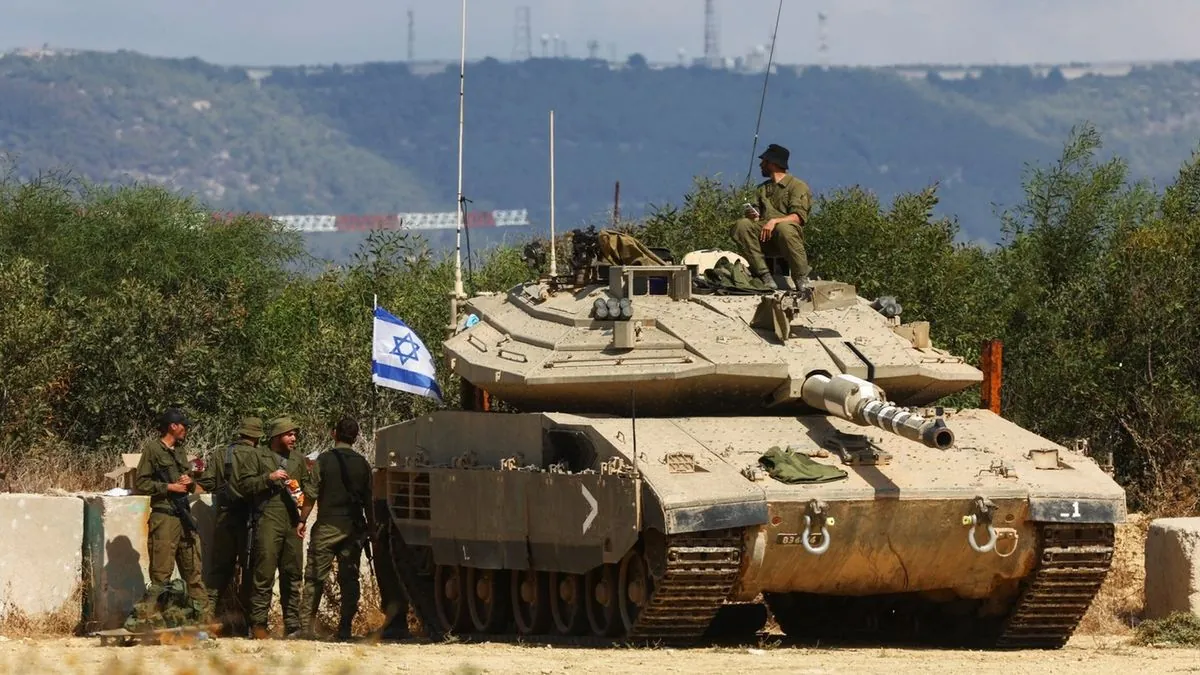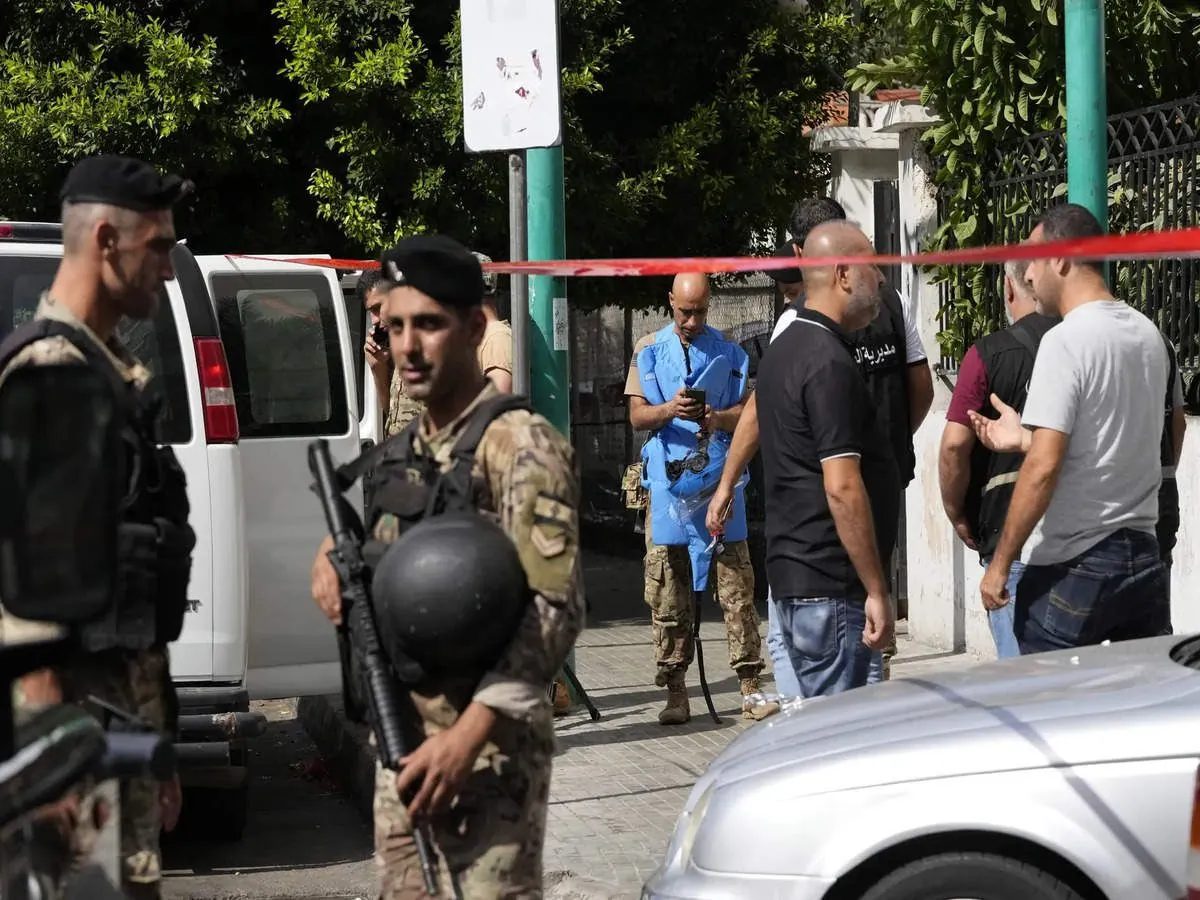Israel Escalates Against Hezbollah: A Strategic Push for Diplomacy
Israel intensifies actions against Hezbollah, degrading its capabilities. The militant group faces critical choices as both sides navigate between conflict escalation and diplomatic solutions.

In recent days, Israel has significantly impacted Hezbollah's military capabilities, communications, and leadership structure. This escalation comes as Israeli leaders aim to address the ongoing threat to the country's northern region.
Hezbollah, founded in 1985 in response to Israeli occupation of southern Lebanon, has long been a formidable adversary. With an estimated 25,000-50,000 fighters and an arsenal of over 130,000 rockets and missiles, the group poses a significant threat to Israel's security.
Israel's recent actions have included:
- Disrupting Hezbollah's communication systems
- Eliminating key leadership figures
- Striking military infrastructure and rocket launchers
These operations have severely impacted Hezbollah's operational capabilities and internal trust. The group, which receives substantial support from Iran, now faces challenges in coordinating its activities and maintaining the confidence of its members and supporters.

Despite these setbacks, Hassan Nasrallah, Hezbollah's leader since 1992, remains defiant. In a recent speech, he vowed to continue attacks on northern Israel. However, the group's ability to effectively respond has been significantly compromised.
Israel's strategy appears to be pushing Hezbollah towards accepting a diplomatic solution. The proposed agreement, presented by U.S. envoy Amos Hochstein, aims to implement UN Security Council Resolution 1701, which ended the 2006 Lebanon War. This would require Hezbollah to withdraw its military presence north of the Litani River, approximately 29 kilometers from the border.
"No military escalation, no killings, no assassinations, and no all-out war can return residents to the border."
While a full-scale war remains a possibility, both sides seem to prefer avoiding such an outcome. Israel's targeted approach and Hezbollah's reluctance to escalate further suggest a desire for a diplomatic resolution.
The conflict has broader implications for the region. Hezbollah's involvement extends beyond Lebanon, with the group supporting the Assad government in Syria and maintaining ties with other militant organizations like Hamas and Palestinian Islamic Jihad.
As the situation evolves, international diplomatic efforts will be crucial. The focus should be on:
- Pressuring Hezbollah to accept a separate cease-fire
- Allowing displaced residents on both sides to return home
- Addressing Hezbollah's weapons supply routes from Iran via Iraq and Syria
- Supporting Lebanese state sovereignty in matters of war and peace
The coming weeks will be critical in determining whether this escalation leads to a diplomatic breakthrough or further conflict. The international community must remain engaged to prevent a wider regional war and work towards a sustainable long-term solution.


































